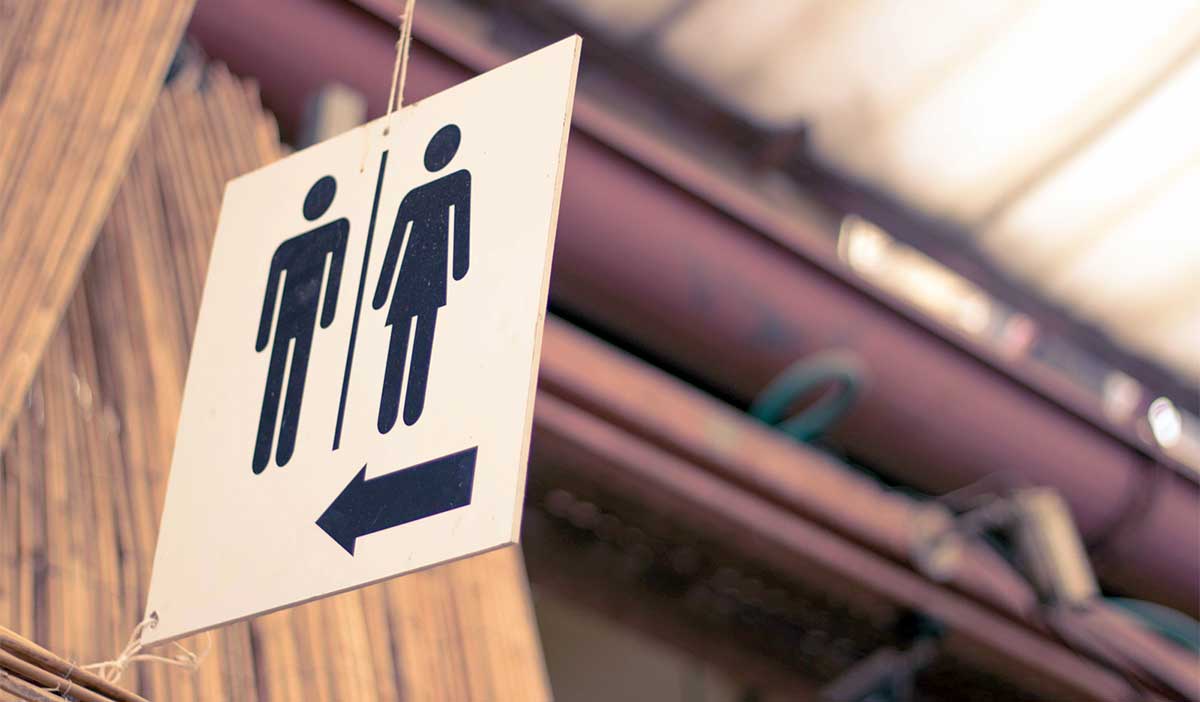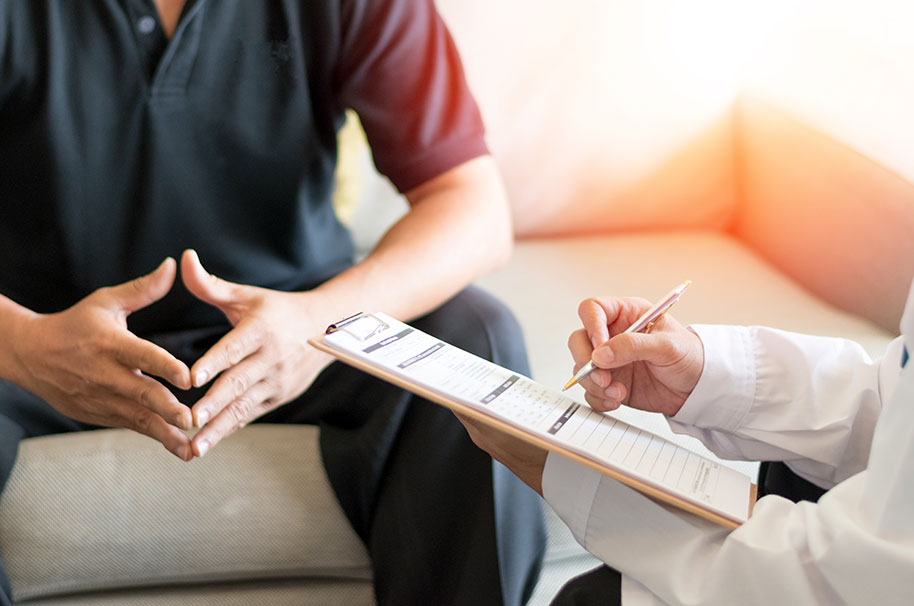For obvious reasons—unlike dealing with a perpetually runny nose—coping with an overactive bladder is the type of nuisance you can’t just ignore and hope will go away.
If your day-to-day routine is ruled by your need to use the bathroom frequently, you’re not alone.
Nearly one in five people experience strong and sudden, persistent urges to pass urine or instances when they can’t control their bladder.

But, there’s hope.
Although many people with an overactive bladder assume that having surgery is the only solution to get back to normal life, it is not the only option available for treating or controlling urinary problems.
When you have an overactive bladder, your best bet is to seek help from a urology expert who can develop a customized treatment plan for you that restores your health and improves your quality of life.
Overactive bladder causes
Urinary incontinence can be short-term or permanent. It is more common in older people, and more prevalent in women than in men.
Symptoms related to overactive bladder may be caused by other conditions, such as:
- Urinary tract infection
- Type 1 or Type 2 diabetes
- Bladder irritation
- Side effects from:
- Medications for high blood pressure, insomnia, indigestion, or mental health
- Alcohol
- Caffeine
- Constipation
- Drinking too much fluid
- Nerve damage due to:
- Spinal cord injury
- Stroke
- Multiple sclerosis
- Parkinson’s disease
Treatment options
Don’t wait to get help for your overactive bladder.
Although there are no screening options to detect the potential of urinary incontinence, by talking openly with your physician, you can take an active role in your care.
Your primary care provider can help you find the most effective treatment based on the symptoms you’re experiencing and what is causing your loss of bladder control.
Sometimes there is more than one factor causing urinary incontinence, and talking with your doctor is the best way to help you feel better and start building better health.
Lifestyle changes
If you have an overactive bladder, here are some small changes that often help patients take control of the problem:
- Avoid eating and drinking things that can make the urge to go to the bathroom worse (e.g., alcohol, caffeinated beverages, and citrus foods/drinks)
- Plan out your fluid intake around when you know you’ll have access to a bathroom
- Talk to your doctor about the side effects of any medications you’re taking
- Losing weight can help by putting less pressure on your bladder that may be causing leaks and urges to go to the bathroom
Medications
There is a wide range of medications your provider may recommend to treat your overactive bladder.
If you’ve been prescribed a drug to help manage your urinary incontinence, use it as your provider tells you, and—if you have any questions or don’t understand the instructions on the package—call your doctor’s office for guidance.
Surgery
Most of the time, your primary care provider will only recommend surgery to treat your urinary incontinence if other methods haven’t worked. The problems you’re having will dictate the type of surgery that would be needed.
Other treatment options
There are other types of treatment for an overactive bladder beyond lifestyle changes, medication, and surgery, such as:
- Bladder retraining
- Kegel exercises
- Catheterization
- Nerve Stimulation
- Bio feedback
Urology at Logansport Memorial Hospital
 You don’t have to live with an overactive bladder.
You don’t have to live with an overactive bladder.
Our board-certified urologist, Dr. Stephen Beck, is currently accepting new patients.
He can help with a wide variety of issues related to the bladder and kidneys by developing a customized treatment plan that restores your health and improves your quality of life.
“My goal is to bring specialized care closer to home and to ease the burden for all of my patients facing complicated urologic conditions.”
—Dr. Stephen Beck
Note: You can also set up an appointment with Dr. Beck by calling (574) 753-2222.
You might also like:




